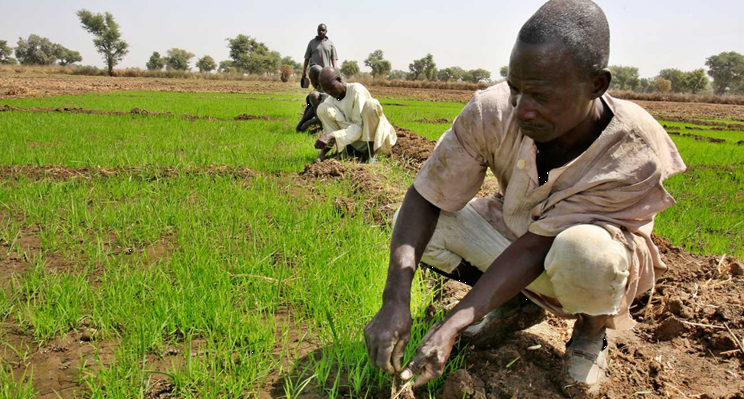
It said this on Sunday while evaluating its partnership with the Kano State Agricultural Development Project, that it
In his welcome address and project overview at a dinner to mark the five-day media field days, SAA/KSADP Project Coordinator Abdulrashid Kofarmata said last year a total of 114,719 farmers were trained on good agronomic practises and are fully reached with Sasakawa’s interventions.
According to him, the farmers learnt planting patterns based on the focused commodity value chain, fertiliser application, and spacing, noting that they have collectively achieved an incremental grain metric tonnage of 839,778, representing 99 per cent of the total target of 850KM.
Also, he noted that extension knowledge and information are effectively harvested across the state and channelled through the multimedia programme for overall rural and developmental needs.
Furthermore, he said there were several sensitisation and extension education programmes via radio, television, print, and online media on this stride by the Kano State Government.
“We have taken into cognisance climate-smart agriculture practises and measures that address the effects of climate change in our strategic approach.
“SSA positioned value-chain interventions among the LGAs based on their comparative advantage in terms of agro-ecology and agricultural characteristics, as well as on existing potentials.”
It has been our tradition in Sasakawa, to go round the communities, where we intervene and have a direct interface with the beneficiaries to hear from their mouths. We networked, supported, as well as interfaced with and trained over 270,000 farmers, which cuts across the different value chains, ranging from rice, sorghum, maize, tomatoes, millet, and cabbage.”
According to him, the beneficiaries of the training programme were also supported with a series of agro-based equipment in Garum Malam, Kura Local Government Area.
During Thursday’s media field day, one of the beneficiaries of the training, Saminu Rabiu Musa Kura, corroborated the project coordinator’s submissions, adding that they were also supplied with high-yielding varieties of rice seedlings.





